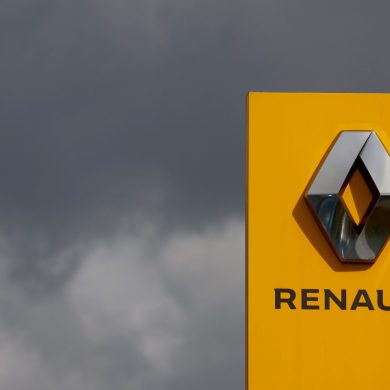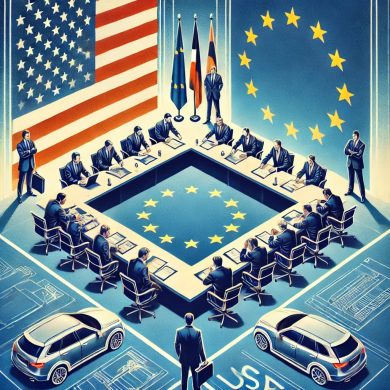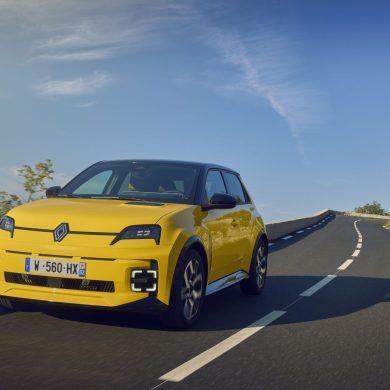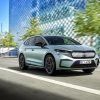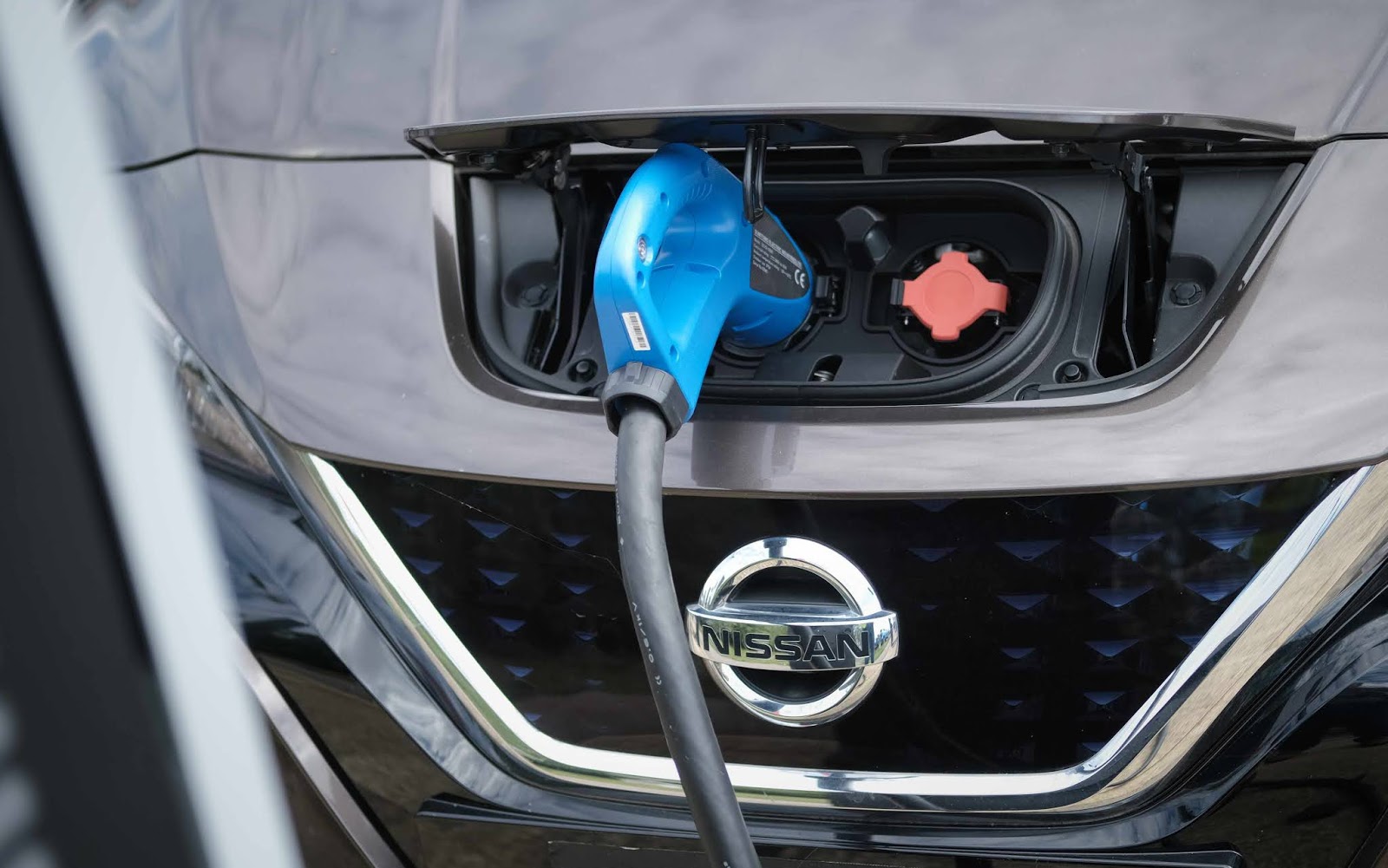
With the recent publication of a White Paper, which is the result of a
a major collaboration between Nissan, E.ON Drive and Imperial College of
London, investigating how to reduce
emissions through the possibility of two-way charging (Vehicle-to-Grid) of electric vehicles (EVs), but also how
it contributes to the achievement of long-term climate change objectives
Change.
The White Paper offers subsidiary recommendations and calls for the introduction of
incentives to accelerate the widespread adoption of charging systems by
vehicles on the network (V2G), thereby enabling to be "unlocked" potential benefits.
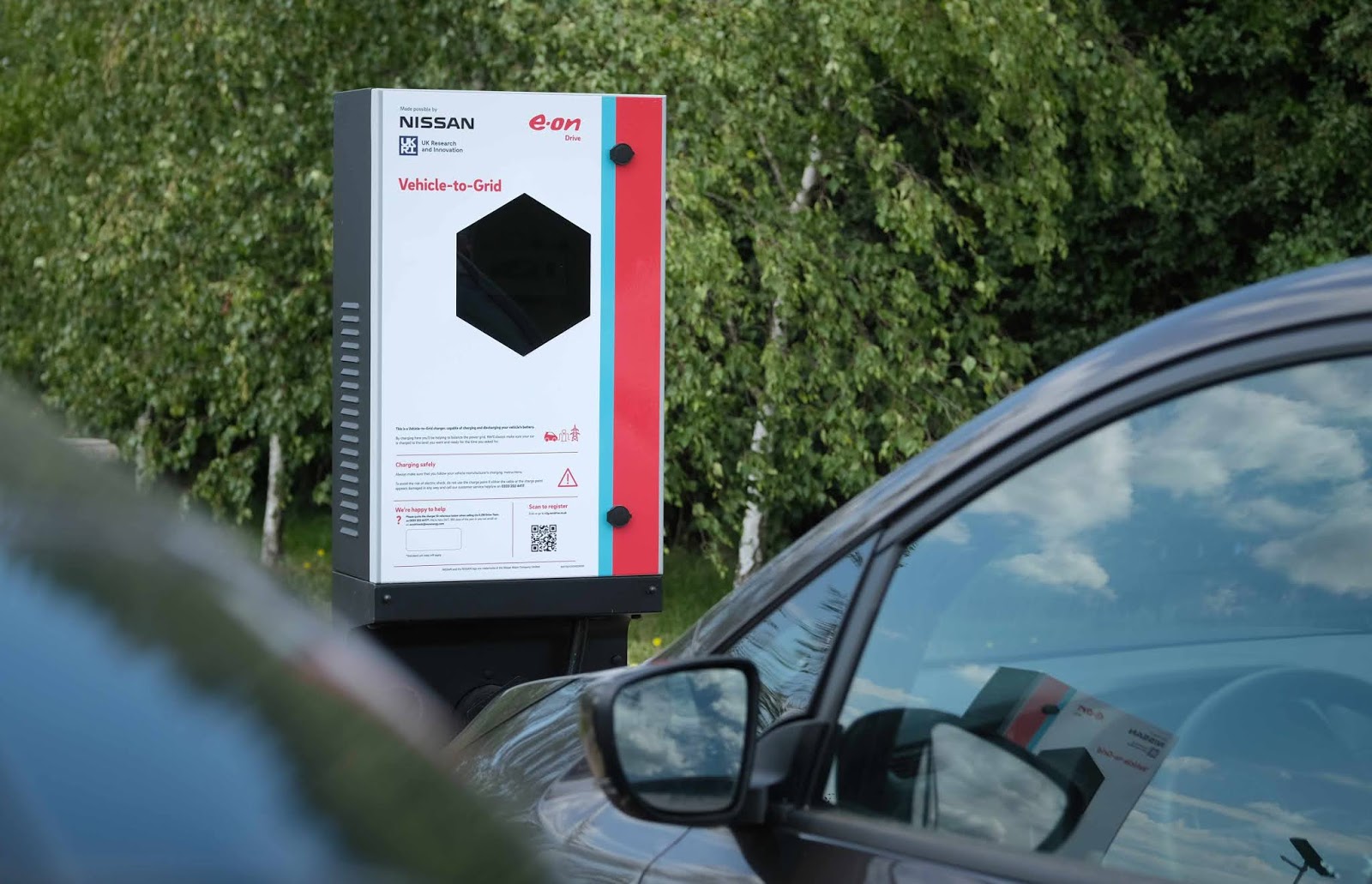
This study also explores some of the challenges that will
addressed in the early days of V2G, particularly in terms of creating a
a credible business case in the context of evolving markets
energy and regulations.
Nissan, E.ON Drive and Imperial College are partners in a project that
involves a V2G commercial fleet, known
as e4Future, which aims to show how electric trucks and electric vehicles can
cars can support the British electricity grid and provide a profitable and sustainable
solution for business vehicle fleets.
The e4Future project is part of the V2G competition, funded by
by the Department of Business, Energy and Industrial Strategy (BEIS) and the
Office of Zero Emission Vehicles (OZEV), in partnership with Innovate UK,
under the UK's Research and Innovation Framework.
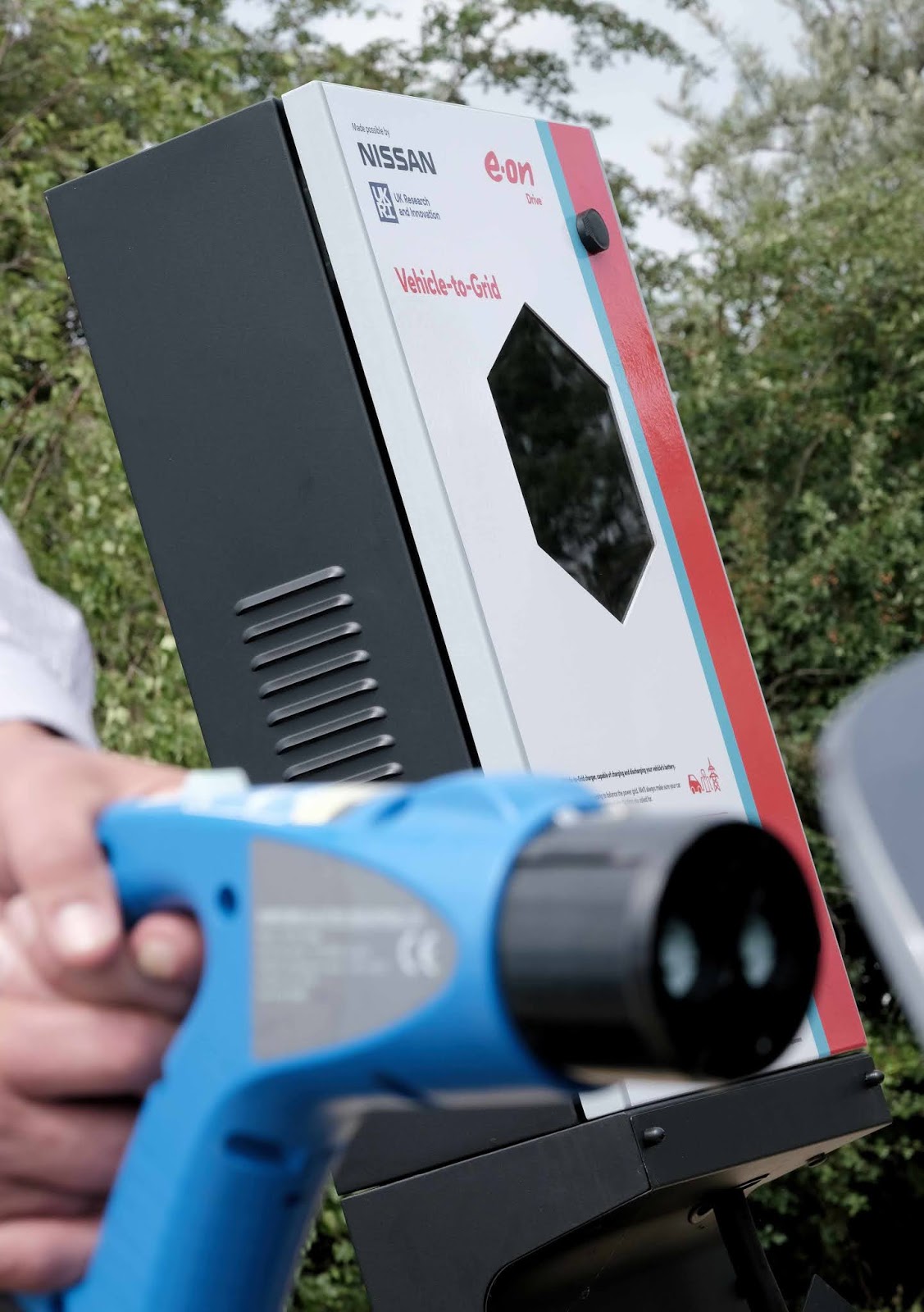
The publication of the White Paper follows the news of last August,
regarding the first large-scale V2G test with 20 chargers, established at the European Technical Centre
Nissan in Cranfield.
Andrew Humberstone, Chief Executive of Nissan Motor GB, said: "There is
huge potential in V2G, as it offers
huge savings, both from a financial point of view for managers
power systems as well as for vehicle fleets, but and from an environmental point of view, reducing
significantly reduce CO2 emissions across the entire UK power system
Kingdom. Nissan is at the forefront of efforts to
harnessing this potential. "
Basic information:
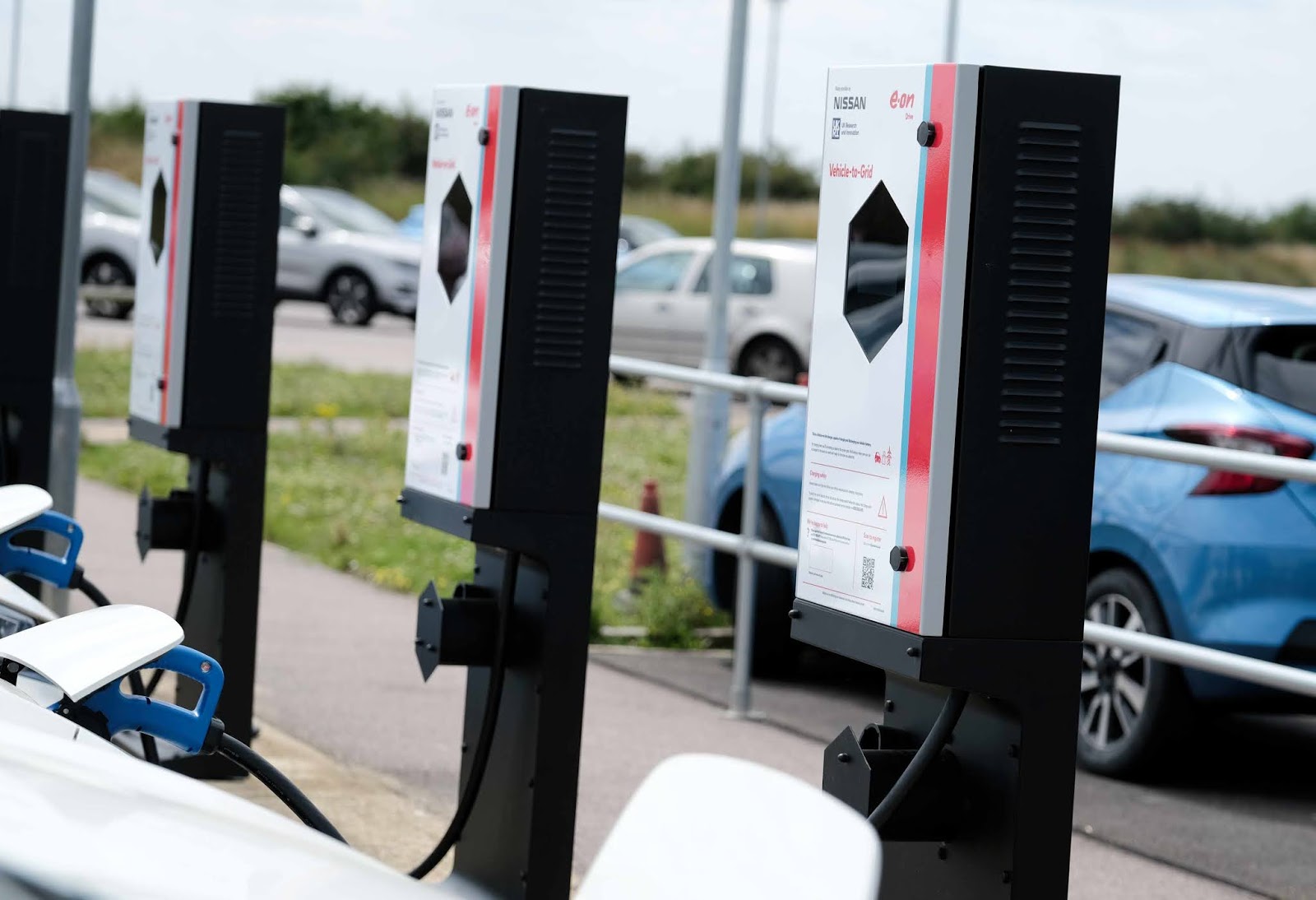
The White Paper shows that V2G could offer the following
Benefits:
- Potential to reduce CO2 emissions
carbon from the power system down to -243g CO2/km. - Saving of operating costs power system up to and including
£12,000 per year per EV and a CO2 reduction of around 60 tonnes per year , per EV. - Annual charging benefits V2G fleets ranging between 700 and
£1,250 per vehicle.
Professor Goran Strbac, President of Power Systems at the
Imperial College London London said : "Our research has shown that the
V2G can offer very significant economic benefits to the power system
as well as reducing carbon emissions. It also revealed that the additional
flexibility provided by V2G fleets, can significantly improve the
efficiency of the system and reduce investment in new production
by low emissions of carbon dioxide
carbon, while at the same time meeting national targets for decarbonisation
coal."
More information on how to participate for businesses with
vehicle fleets in V2G, are available at
www.eonenergy.com/v2g
Technology V2G
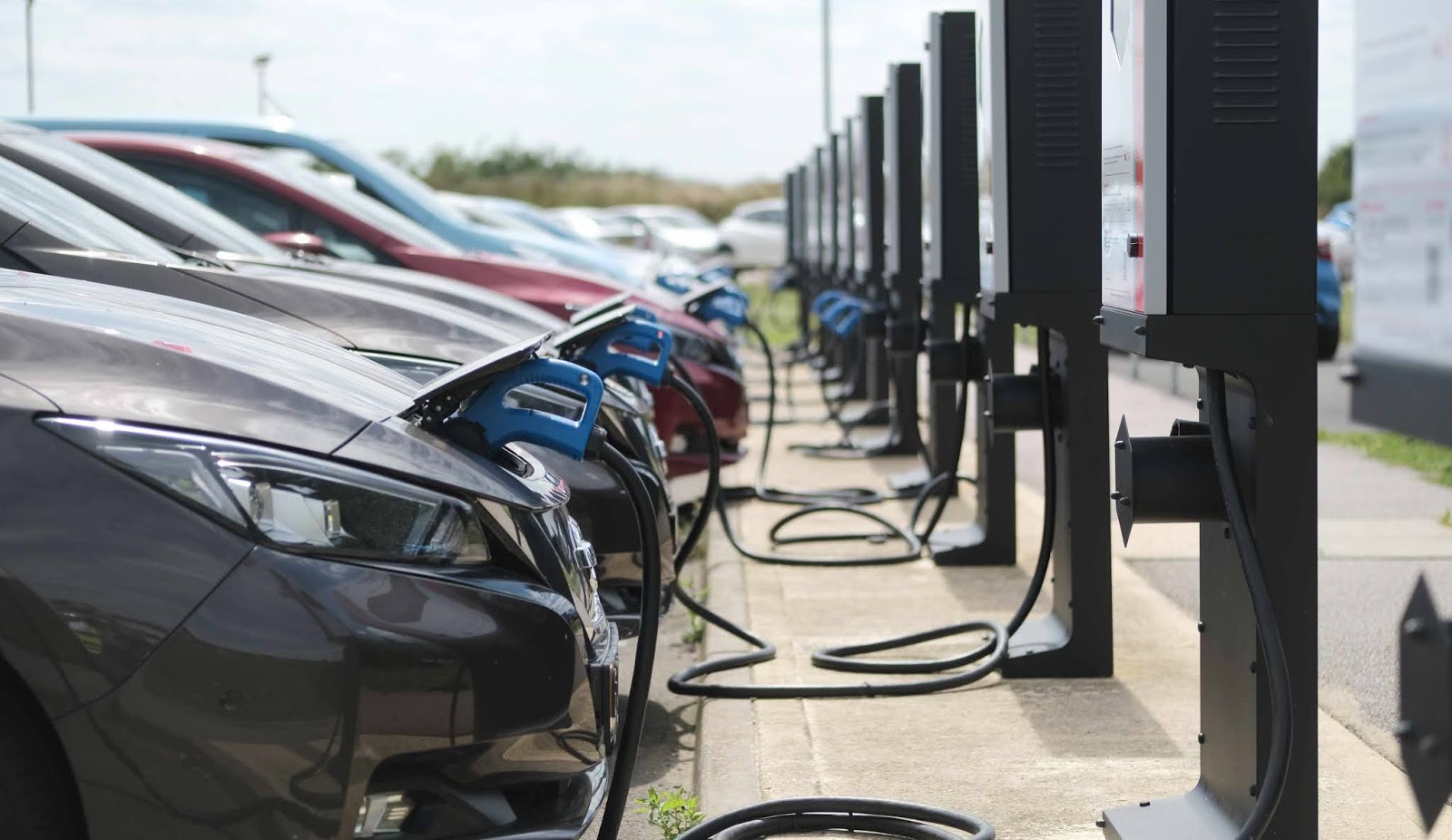
V2G technology transforms electric vehicles of the Nissan
in a total energy solution, ensuring that the batteries
their don't just store energy for movement,
but they can at the same time to offer the
stored energy in a residential or commercial installation, or even to use it to
back into the network. The vehicles
can charge when the demand for energy is lower or when the
energy from renewable sources is available, reducing dependence on the
energy production through fossil fuels, thereby giving V2G
an active role in carbon reduction efforts.
Commercial fleet vehicles is
often the most suitable for V2G applications, mainly due to the normal and
predictable patterns of use and the fact that they often return to the base
at the end of the working day. This offers the perfect conditions for V2G, as it allows
the use of the energy stored in their batteries, having
first ensure that the vehicles are fully charged and ready for use
use the next morning.
In Greece, Nissan
offers the all-electric Nissan LEAF, e-NV200 and e-EVALIA which now
can be obtained from private individuals and professionals (taxis, urban deliveries
etc.) with significant incentives and benefits,
as part of the measures promoted by the Government for e-mobility.
More information about Nissan's all-electric models is
available at https://www.nissan.gr/vehicles/electric-vehicles.html


